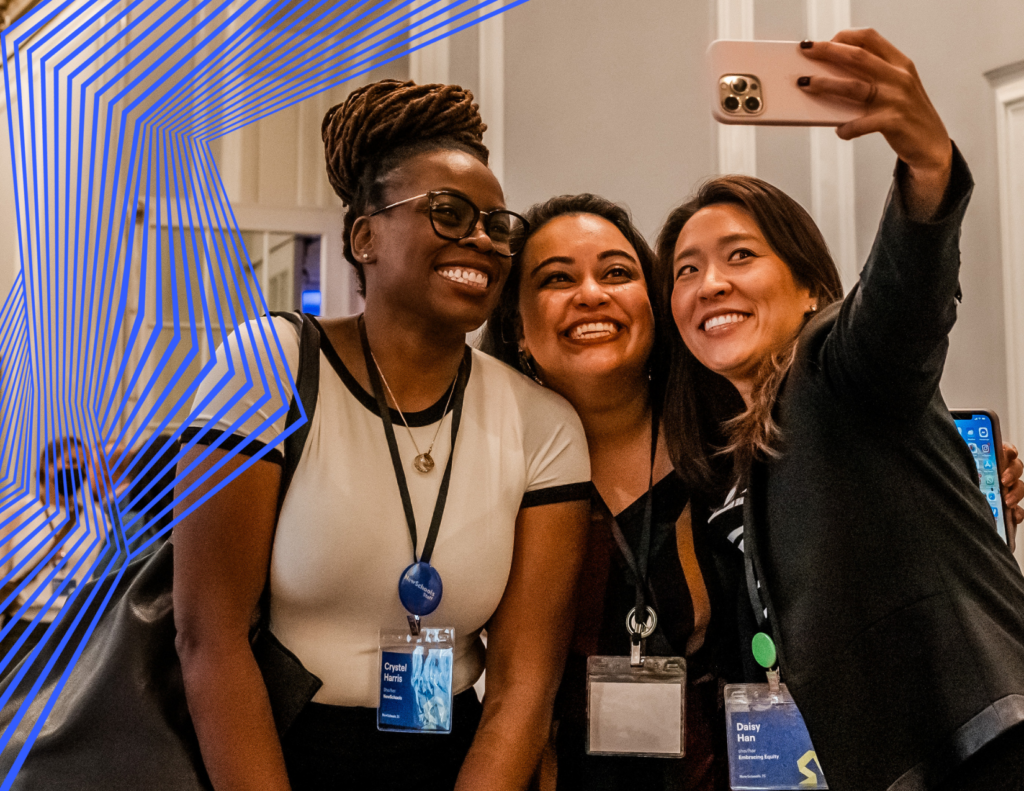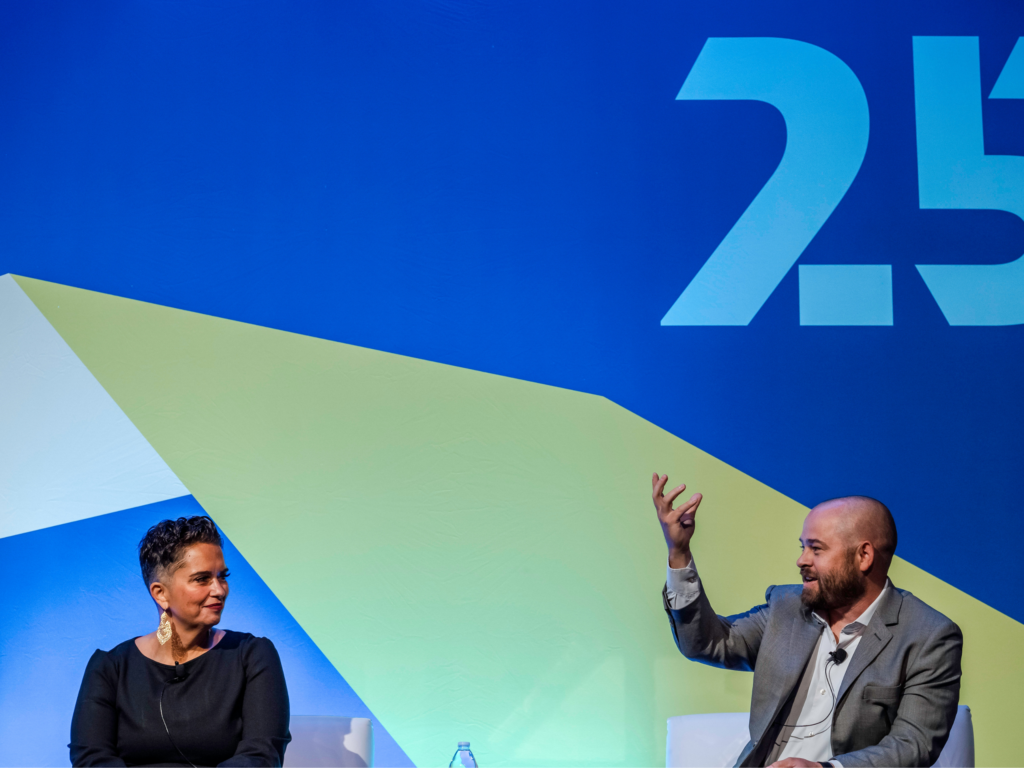Those seeking change in our education system have never been more ready for someone like Brené Brown, and Brené just might have the secret sauce. As Summit’s Opening Plenary speaker, Brené got to the heart of what needs to happen to shift the way we run our school systems and teach our children. In one word, it is vulnerability. With over a decade of research, Brené demonstrates a talent for combining evidence with heartfelt, relatable anecdotes that are sure to resonate with educators working to effect change, particularly for kids with the highest need.
 The education community is ready to expand our notion of what’s important for students, but we all know this is hard work. We must create a culture in our schools where risk, uncertainty and emotional exposure are ok. What we want for all of our children is to experience things like joy, gratitude, creativity and love. But if students have experienced trauma and are “armored up” because they’re coping with the resulting shame, fear, uncertainty and anxiety, then they will be unable to access joy and love, and ultimately they will be unable to succeed. Statistics show, students dealing with trauma are much more likely to drop out of school, face problems with addiction, or attempt suicide.
The education community is ready to expand our notion of what’s important for students, but we all know this is hard work. We must create a culture in our schools where risk, uncertainty and emotional exposure are ok. What we want for all of our children is to experience things like joy, gratitude, creativity and love. But if students have experienced trauma and are “armored up” because they’re coping with the resulting shame, fear, uncertainty and anxiety, then they will be unable to access joy and love, and ultimately they will be unable to succeed. Statistics show, students dealing with trauma are much more likely to drop out of school, face problems with addiction, or attempt suicide.
Brené shared that 85% of people she interviewed can remember something that happened to them at school that was so shaming that it changed themselves as learners. The good news: 100% of those she interviewed can remember a teacher, a coach or an administrator who at one time in their school career pieced back their sense of self. Educators have the power to help students with their inner dialogue, turning it from self-talk derived from shame to learning to separate the self from outcomes.
So how can educators make this happen? Money and metrics will not change people, communities or systems. We must speak to the emotional lives of people if we want to inspire lasting and meaningful change. We need to become more daring in the classroom if we want to raise children who, while still working towards academic achievement, also develop the character necessary to become successful, creative and productive. We need to be courageous in reexamining our models for school in order to be sure we are engaging kids in a way that preserves their ability to try, fail, and try again, without promoting shame. It will feel scary and risky, but as Brené points out, “Isn’t it a scarier proposition to face the end of our lives wondering what might have happened if we showed up and tried?
Follow all of the Summit 2015 news at #nsvfsummit.

